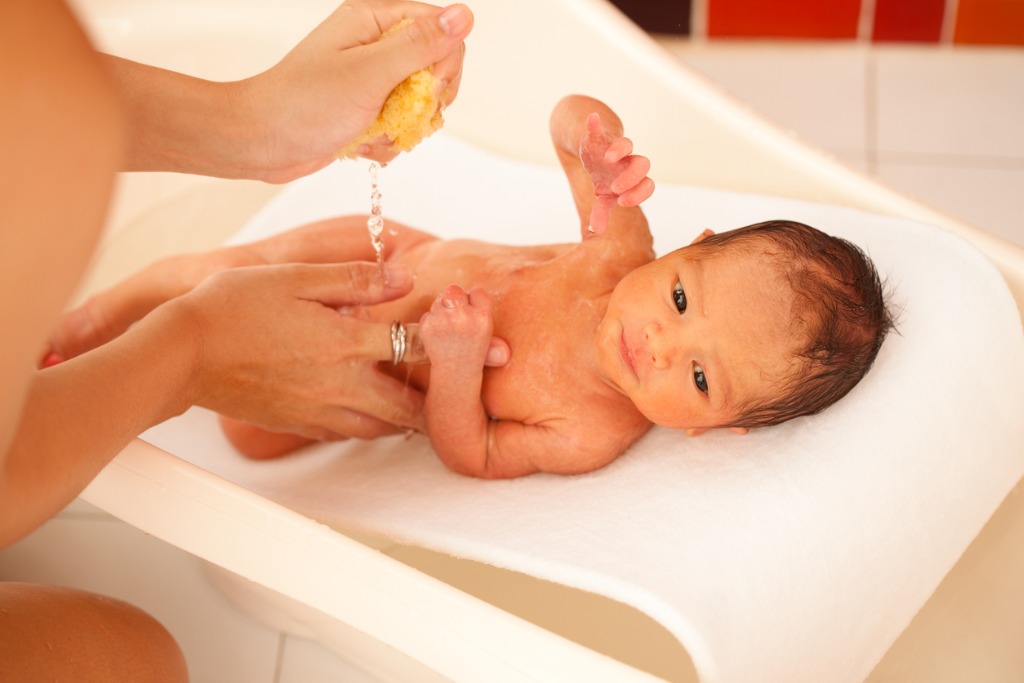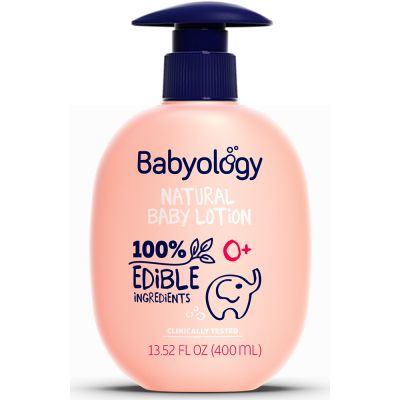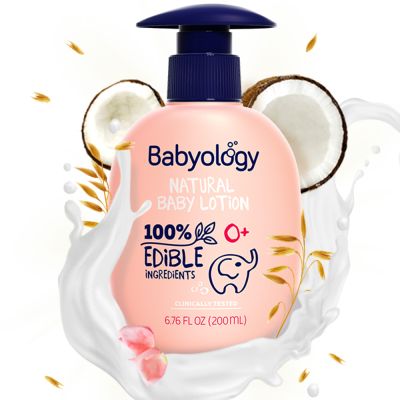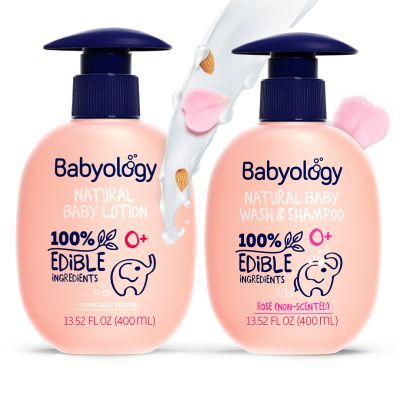To most of us, all babies have perfectly soft, unblemished skin that we wish we could have for ourselves. Their skin is so new and so unexposed to the elements, how could it not be?
But did you know that babies, just like the rest of us, have different skin types – and some of those skin types come with more challenges and issues than others.
Many babies are fortunate to have normal skin that is soft, smooth and free of any irritation. Some babies however have certain challenges when it comes to their skin.
Following are a few common examples of baby skin types:
- Sensitive skin: This is skin that easily gets rashy and red and may have adverse reactions to more products than other skin types
- Dry skin: If your baby skin is often rough and sometimes flaky then she has dry skin
- Eczema: Like dry skin, eczema is a condition where the skin becomes rough and flaky. In addition to this, however, the skin also becomes red, inflamed and even oozy.

The good news is there is an ideal type of lotion for every type of baby skin, and whether you need to find the best lotion for baby eczema or for dryness or for sensitive skin, you should be well prepared by the end of this article.
Best Baby Lotion for Dry Skin
If your little one’s skin is often scaly and flaky but not painful, itchy or inflamed then most likely it is dry skin.
When considering a lotion for dry baby skin, keep in mind the importance of hydration. Look for ingredients that include healthy, organic ingredients such as coconut oil that will lock in moisture. Avoid any lotions with harsh and drying ingredients such as parabens and surfactants that are likely to worsen your baby’s skin condition.
Cocoa butter and aloe are both natural ingredients that will also help to moisturize dryness. A tip: using a humidifier and not having the heat turned up too high are both ways to help your baby’s skin stay hydrated and supple so you don’t have to reapply lotion more often than necessary.
Best Baby Lotion for Sensitive Skin
Sensitive baby skin is defined as skin that reacts easily to the weather and other factors usually by becoming red or rashy.
A chemical-free baby lotion is the way to go with skin that is sensitive. Colourants and fragrances, although added to products to make them look and smell appealing, can actually do more harm than good. Just as with dry skin, look for lotion ingredients that are holistic and thoroughly safe.
A good rule of thumb when choosing a baby lotion for this skin type is to go with an ingredient list that is as short and simple as possible.
Best Lotion for Baby Eczema
Eczema is a skin condition found in both babies and adults. Identifying factors include itchy, inflamed skin that can ooze and become scabby.
Baby eczema is more common than eczema in adults but that doesn’t make it any less frustrating; in fact, both you and your little one probably find it equally unpleasant.
The most likely cause for eczema has to do with hereditary factors but fortunately, there are solutions. The best eczema lotion for babies includes both moisturizing ingredients such as cocoa butter as well as calming ingredients like beeswax or chamomile.
Going Organic and Natural
You may be wondering at this point if your best bet is to go with a lotion that is natural and or organic. In general, organic and natural products are safer and healthier for babies’ skin than traditional products with synthetic ingredients. That said, it’s important to still do your homework and make sure you choose a lotion with optimal ingredients.
So how do you find the best natural baby lotion? Or the best organic baby lotion? By following the concepts already outlined and choosing a lotion with ingredients specific to your baby’s skin type. Keep in mind that just because it is “organic” it is not necessarily ideal for your baby – plenty of organic ingredients, such as tea tree oil, can be too strong for babies unless carefully diluted.
Because babies have such delicate skin barriers and inevitably absorb ingredients through their skin it may be a wise idea to go a step further and specifically look for products with edible ingredients. An ingredient that is safe enough for your baby’s digestion is certainly safe enough to go on his skin.
The variety of choices can be overwhelming but arming yourself with knowledge of your baby and her skin needs will help you make that choice more easily. After all, no one knows your baby better than you do.













